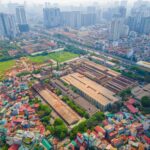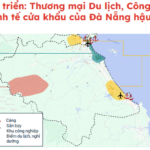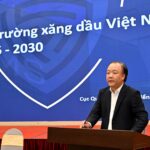Recently, Mr. Tran Van Vu, Head of Statistics at the Da Nang Statistics Bureau, reported that construction activities in September were vibrant and widespread across various sectors.
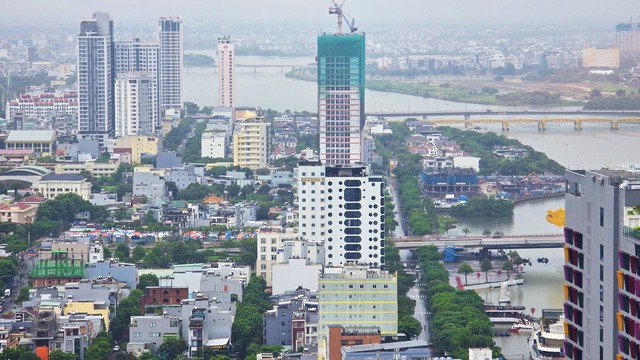
Da Nang is witnessing a strong wave of private investment, with construction sites visible everywhere.
According to statistics, the construction output value in Q3 at current prices reached VND 16,639 billion, up 7% from the previous quarter and 28.3% year-on-year.
Notably, the non-state business sector contributed VND 12,352 billion, a 36% increase compared to the same period last year, the highest in many years.
In the first nine months, the entire construction industry achieved VND 43,602 billion, a 28.4% increase, far exceeding the overall economic growth rate. The production structure shows that private enterprises remain the main force, accounting for nearly 76% of the total value, followed by state-owned enterprises (4.8%) and foreign-invested enterprises (1.5%).
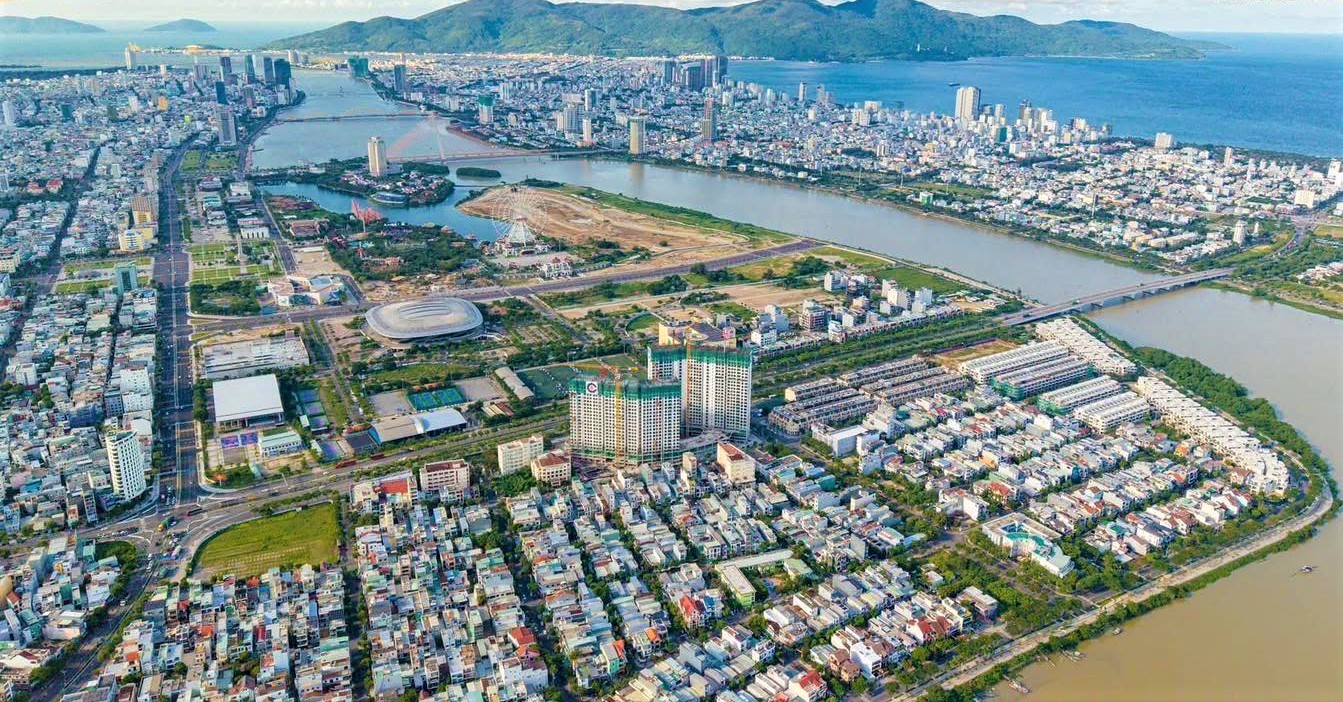
Private projects have been the driving force behind the construction industry’s growth in Da Nang during the first nine months.
According to Mr. Vu, this significant increase reflects businesses’ confidence in the investment environment and the city’s administrative procedure reform policies. Private capital is becoming a “dual engine” driving urban development and expanding Da Nang’s economic space.
Currently, numerous large-scale private projects are underway in Da Nang: the Lang Van tourism and urban resort complex (VND 37,728 billion); the Nobu Residences Da Nang apartment and hotel complex (VND 3,687 billion); The Nam Khang Resort Residences (VND 2,624 billion); the New Town urban and sports complex (VND 4,889 billion); and the Ba Na entertainment complex (VND 11,000 billion).
These projects not only create significant added value for the construction industry but also contribute to expanding the urban space towards the West-North and West-South, reshaping Da Nang’s urban development structure in the post-merger phase.
In Q3, the city also commenced six key projects: the expanded Chu Lai – Truong Hai Automobile Mechanical Industrial Park (VND 8,000 billion), the Da Nang Downtown cultural and commercial park (VND 68,000 billion), the Ba Na – Suoi Mo tourism complex (VND 52,000 billion), the resettlement area for the North-South high-speed railway project, Phu My An apartments, and Hoa Hiep 4 social housing.
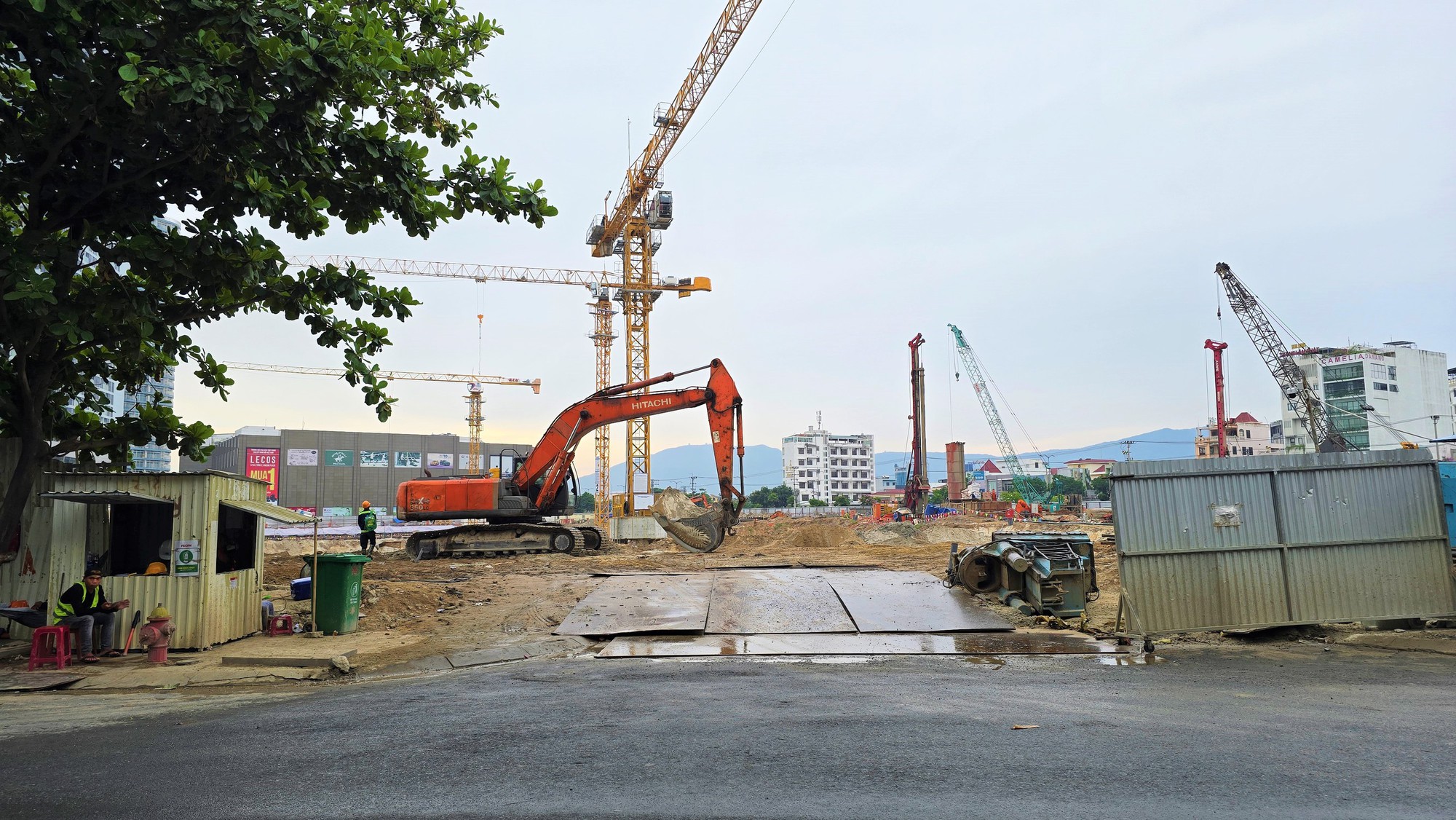
Numerous private construction projects are accelerating to meet their 2025 completion deadlines.
State Capital Remains Fundamental
Alongside the private sector, state capital continues to play a foundational role, focusing on technical infrastructure and public welfare projects.
In Q3, state investment capital reached VND 6,595 billion, up 21.7% from the previous quarter and 7.6% year-on-year.
In the first nine months, state capital reached VND 16,341 billion, accounting for 25.6% of total social investment. Notable projects include the renovation of the drainage system and underground information cables, street lighting on urban roads, modernization of the security command center, the intelligent traffic control system, the cybersecurity monitoring center, and the Ngu Hanh Son cultural and historical park.
Public investment projects are progressing on schedule and ensuring quality, contributing to urban beautification and improving residents’ living environments. This success is attributed to the close supervision of the Da Nang People’s Committee and the proactive coordination of investors and contractors, ensuring effective disbursement and reducing delays in public capital utilization compared to previous years, Mr. Vu reported.
Da Nang Real Estate Leads Central Vietnam’s Price Surge as Hanoi Buyers Show Strong Interest
Following the merger, the new Da Nang City has emerged as the growth epicenter of Central Vietnam, boasting modern infrastructure, vast land reserves, and a surge in investment capital from Hanoi and Ho Chi Minh City. Real estate prices here have soared by 32% in just the first nine months of the year, marking the highest increase in the region.
Vietnam’s Ascent to Global Financial Hub Status
Aspiring to establish Vietnam as a compelling and sustainable global financial hub not only unlocks opportunities to attract international capital but also serves as a critical test of its institutional framework, infrastructure, and capacity to foster an environment that is truly livable, workable, and investable.

